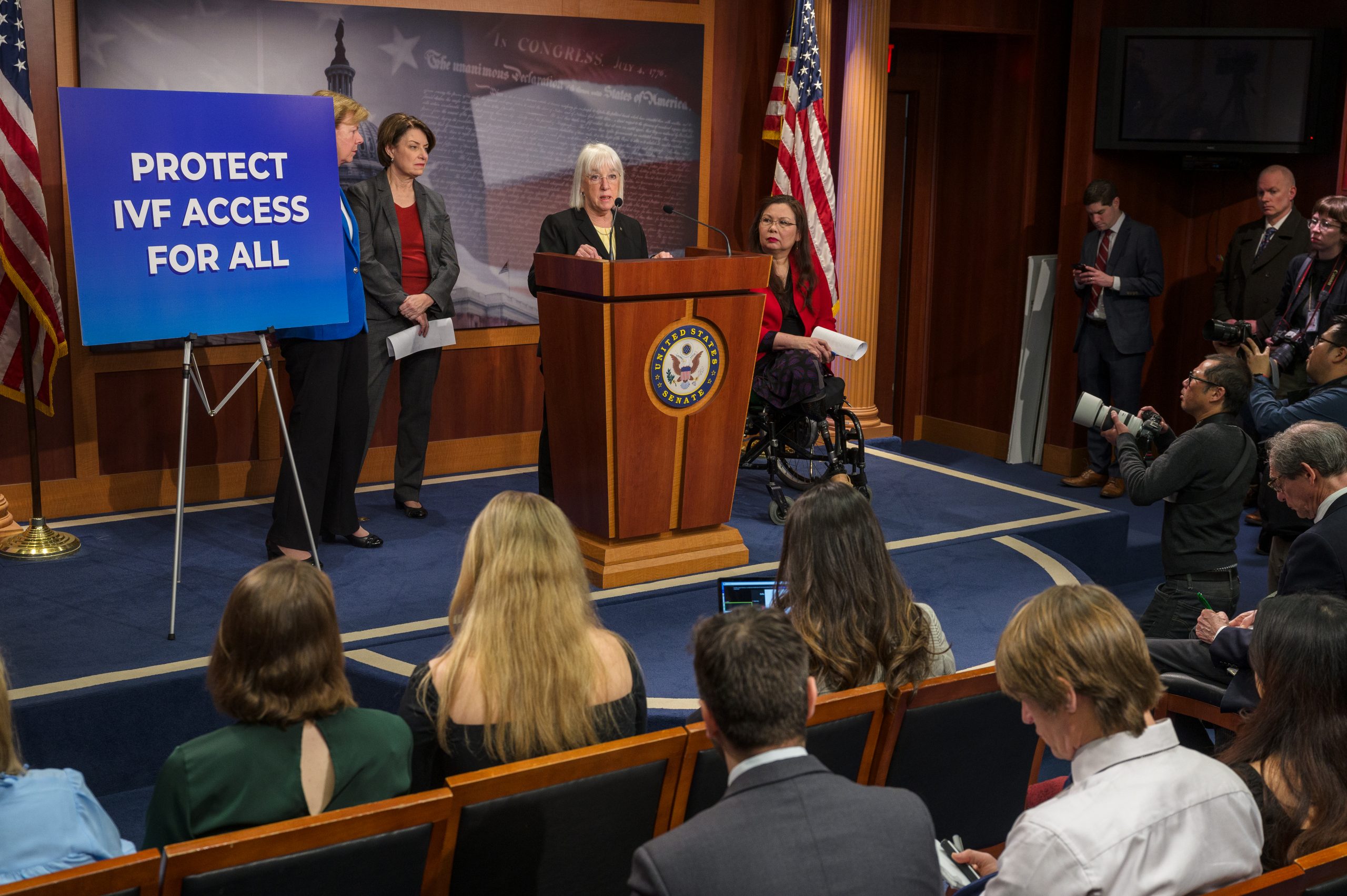Senate Republicans Block IVF Bill Amid Political Tensions
In a significant political development, Senate Republicans have once again blocked a Democratic bill aimed at protecting access to in vitro fertilization (IVF). This decision comes amidst a backdrop of heightened political maneuvering as the 2024 elections approach, with both parties seeking to solidify their positions on reproductive rights.
Overview of the IVF Bill
The proposed legislation sought to establish a nationwide right for patients to access IVF and other assisted reproductive technologies. It also aimed to mandate that both public and private insurance providers cover these services. The bill was introduced by Senator Tammy Duckworth (D-IL), who has been a vocal advocate for reproductive rights, particularly in the context of IVF, which has become a contentious issue in recent years.
Republican Opposition
Despite the bill's intentions, Republican senators labeled it a political stunt, arguing that it was designed to portray them as opponents of IVF. Senator John Cornyn (R-TX) was quoted expressing skepticism about the necessity of the bill, suggesting that Republicans already support IVF but do not see the need for federal legislation to enforce it.
The Republican majority in the Senate has consistently opposed similar measures, citing concerns over government overreach and the belief that such issues should be left to individual states. This stance has drawn criticism from Democrats, who argue that the lack of federal protections could jeopardize access to IVF, especially in states where reproductive rights are under threat.
Recent Votes and Political Context
The latest vote on the IVF bill took place on September 17, 2024, and was characterized by a heated debate. Senate Democratic leader Chuck Schumer forced the vote following comments from former President Donald Trump, who claimed to be a leader on IVF issues. This contradiction has led to confusion among voters, as Trump's recent statements seem to support IVF coverage, yet his party continues to block legislative efforts to secure it.
Democratic Strategy
In the lead-up to the elections, Democrats are leveraging the IVF issue to pressure Republicans. They argue that blocking the bill not only undermines reproductive rights but also alienates potential voters who support access to fertility treatments. The Democrats have been vocal about the personal stories of families who have benefited from IVF, using these narratives to highlight the importance of the legislation.
Key Articles and Coverage
Several major news outlets have covered the ongoing developments surrounding the IVF bill:
- New York Times - Reports on the political dynamics at play, including the personal stakes for Senator Duckworth.
- Politico - Details the specifics of the blocked legislation and the Republican rationale behind their opposition.
- NBC News - Discusses the implications of the vote and the broader context of reproductive rights in the upcoming elections.
- Washington Post - Analyzes the political ramifications of the vote and the potential impact on the Republican Party's image.
Public Reaction and Future Implications
The public reaction to the blocking of the IVF bill has been mixed, with many advocates for reproductive rights expressing disappointment and frustration. Activists argue that the continued obstruction of such legislation reflects a broader trend of undermining women's health rights.
As the 2024 elections draw closer, the IVF issue is likely to remain a focal point in political debates. Democrats are expected to continue highlighting the importance of reproductive rights, while Republicans may need to clarify their positions to avoid alienating voters who support IVF access.

The blocking of the IVF bill by Senate Republicans underscores the political complexities surrounding reproductive rights in the United States. As both parties navigate the contentious landscape leading up to the elections, the future of IVF access remains uncertain, with significant implications for families seeking fertility treatments. The ongoing debate will likely shape voter sentiment and influence the political strategies of both parties in the months to come.






